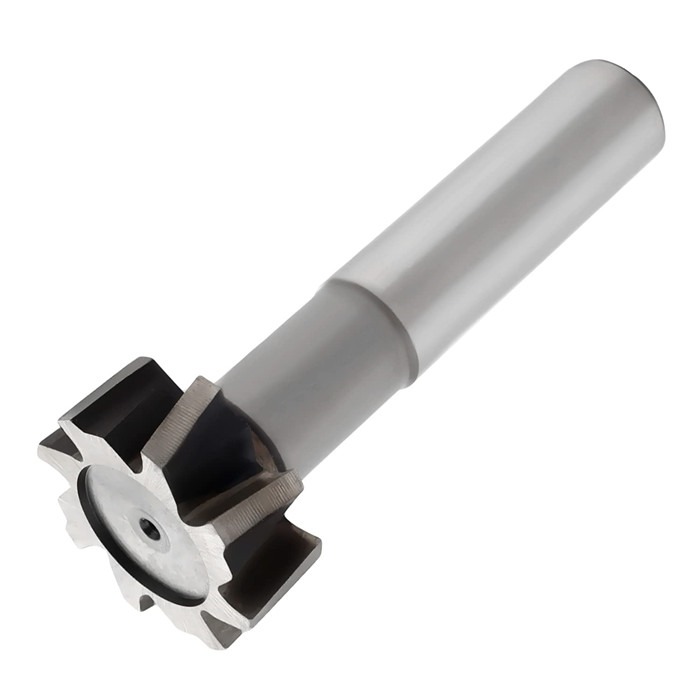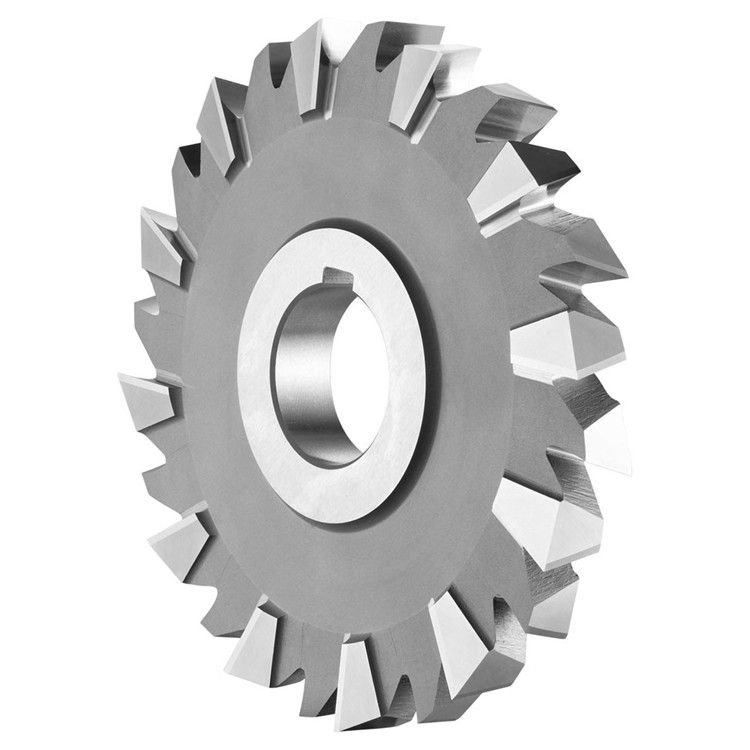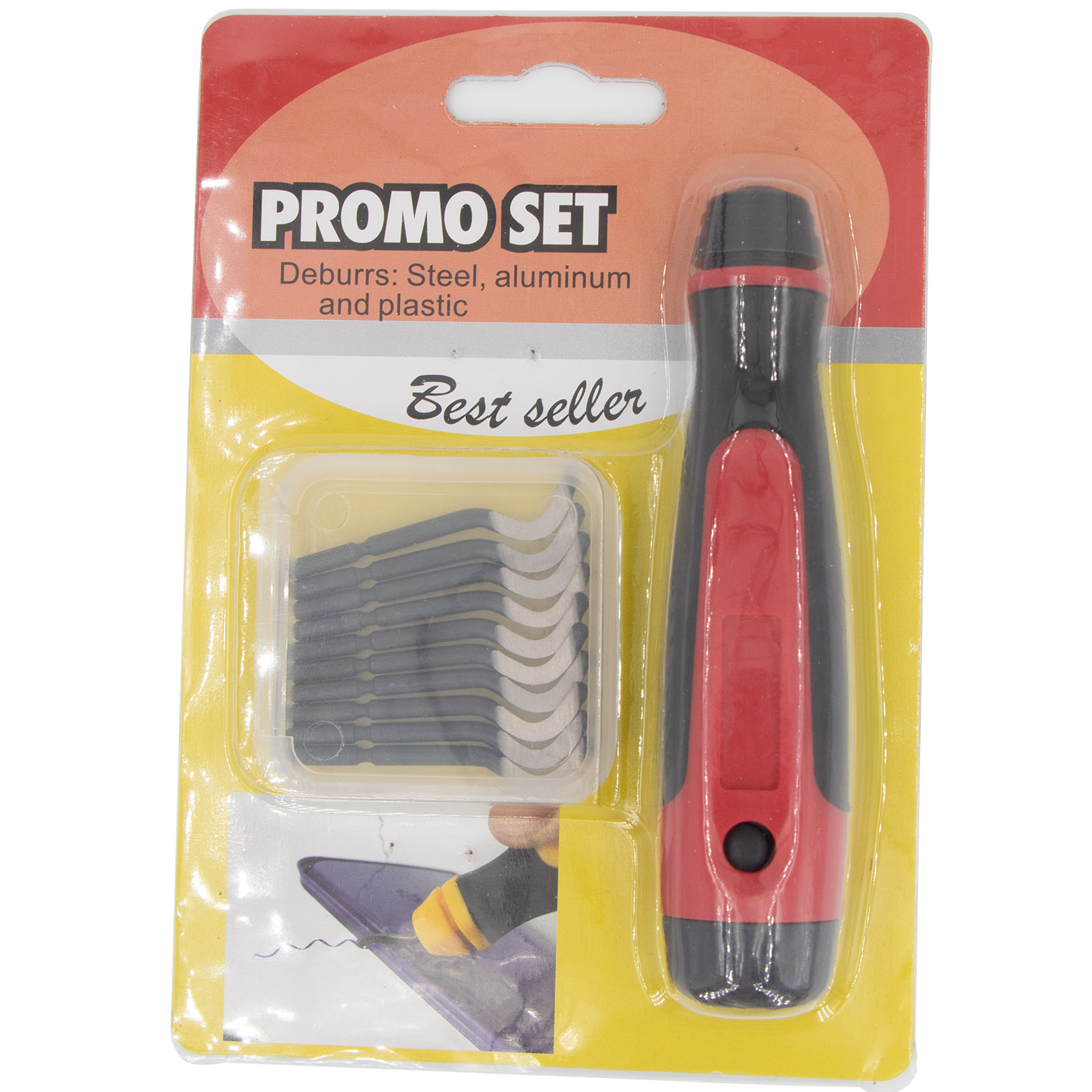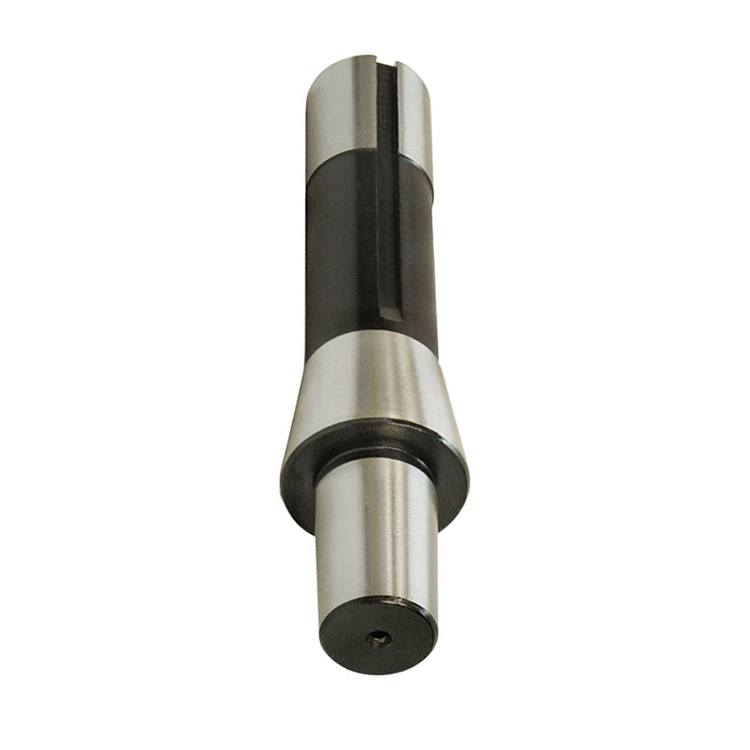parallel blocks Supplier
Finding a reliable parallel blocks supplier can be challenging. This guide provides key factors to consider, the types of parallel blocks available, and how to select the right supplier to meet your specific needs and ensure precision in your machining operations. We'll explore materials, tolerances, and applications, helping you make an informed decision.
Understanding Parallel Blocks
What are Parallel Blocks?
Parallel blocks are precision-ground rectangular or square blocks made of hardened steel or other durable materials. They are used in machining, toolmaking, and inspection to provide a known and accurate height or reference surface. They are typically sold in matched pairs or sets to ensure that their heights are identical within very tight tolerances.
Why are Parallel Blocks Important?
Parallel blocks are essential for:
- Setting up workpieces in machine tools: Ensuring accurate alignment and height.
- Measuring and inspecting parts: Providing a precise reference for measurements.
- Toolmaking: Creating accurate tooling and fixtures.
- General shop use: Spacing, supporting, and leveling workpieces.
Factors to Consider When Choosing a Parallel Blocks Supplier
Material
The most common materials for parallel blocks are:
- Hardened Steel: Offers excellent durability and wear resistance. Common grades include tool steel like O1 or A2.
- Stainless Steel: Provides corrosion resistance, suitable for applications where rust is a concern.
- Carbide: Offers exceptional hardness and wear resistance, ideal for high-precision applications. However, carbide parallel blocks are generally more expensive.
Tolerance
Tolerance refers to the allowable variation in the dimensions of the parallel blocks. Smaller tolerances indicate higher precision. Common tolerance grades include:
- ±0.0002' (0.005 mm): High precision, suitable for demanding applications.
- ±0.0005' (0.013 mm): Medium precision, suitable for general shop use.
- ±0.001' (0.025 mm): Standard precision, suitable for less critical applications.
Size and Quantity
Consider the range of sizes you need and the quantity required. Most parallel blocks are sold in sets, but you may also need individual blocks for specific applications. Common sizes range from 1/8' to 2' in thickness.
Reputation and Reliability
Choose a parallel blocks supplier with a proven track record of providing high-quality products and excellent customer service. Look for suppliers with certifications like ISO 9001, which indicates a commitment to quality management. Wayleading Tools is committed to supplying high-quality tooling with excellent customer service. Our team can help you find the right parallel blocks for your needs.
Types of Parallel Blocks
Standard Parallel Blocks
These are rectangular or square blocks with parallel faces. They are the most common type of parallel blocks and are used for a wide range of applications.
Adjustable Parallel Blocks
These blocks have an adjustable height, allowing for fine-tuning of the workpiece position. They are useful for setting up complex machining operations.
Angle Parallel Blocks
These blocks have angled faces, used for setting up workpieces at specific angles. They are often used in toolmaking and inspection.
Finding a Reliable Parallel Blocks Supplier
Online Marketplaces
Websites like Amazon, eBay, and specialized industrial supply marketplaces offer a wide range of parallel blocks from various suppliers. Check customer reviews and ratings to assess the supplier's reputation.
Industrial Supply Companies
Companies like MSC Industrial Supply, Grainger, and McMaster-Carr are established industrial suppliers that offer a wide selection of parallel blocks and other tooling. They typically provide detailed product specifications and technical support.
Direct Manufacturers
Purchasing directly from manufacturers can offer competitive pricing and customization options. Research manufacturers that specialize in precision measuring tools and have a good reputation for quality.
Questions to Ask a Potential Parallel Blocks Supplier
- What materials are your parallel blocks made of?
- What is the tolerance of your parallel blocks?
- Do you offer any certifications or guarantees of quality?
- What is your lead time for delivery?
- What is your return policy?
- Do you offer custom sizes or materials?
Maintenance and Care of Parallel Blocks
Proper maintenance will extend the life of your parallel blocks and ensure their accuracy.
- Cleanliness: Keep parallel blocks clean and free of dirt, chips, and other contaminants. Use a clean cloth and mild solvent if necessary.
- Storage: Store parallel blocks in a protective case or cabinet to prevent damage.
- Handling: Avoid dropping or mishandling parallel blocks, as this can damage their precision-ground surfaces.
- Calibration: Periodically check the accuracy of your parallel blocks using a calibrated measuring instrument.
Case Studies: Successful Applications of Parallel Blocks
Case Study 1: Precision Machining
A machine shop uses high-precision parallel blocks from a reputable parallel blocks supplier to accurately align workpieces in a CNC milling machine. This ensures that the parts are machined to the correct dimensions and tolerances, resulting in high-quality finished products.
Case Study 2: Toolmaking
A toolmaker uses adjustable parallel blocks to create a custom fixture for holding a workpiece during grinding. The adjustable height allows for precise positioning of the workpiece, resulting in accurate and repeatable grinding operations.
Conclusion
Choosing the right parallel blocks supplier and selecting the appropriate parallel blocks for your application is crucial for achieving precision and accuracy in your machining and inspection operations. By considering the factors outlined in this guide, you can make an informed decision and ensure that you have the right tools for the job.
Additional Resources
Related products
Related products
Best selling products
Best selling products-
 HSS Metric & Inch T Slot End Mill For Industrial
HSS Metric & Inch T Slot End Mill For Industrial -
 Straight Shank ER Collet Chuck Holders With Extending Rod
Straight Shank ER Collet Chuck Holders With Extending Rod -
 Type B Cylinder Tungsten Carbide Rotary Burr
Type B Cylinder Tungsten Carbide Rotary Burr -
 Precision Monoblock Vernier Caliper With Nib Style Jaws Of Metric & Imperial For Industrial
Precision Monoblock Vernier Caliper With Nib Style Jaws Of Metric & Imperial For Industrial -
 Adjustable Tap And Reamer Wrench For Thread Cutting Tools
Adjustable Tap And Reamer Wrench For Thread Cutting Tools -
 Type E Oval Tungsten Carbide Rotary Burr
Type E Oval Tungsten Carbide Rotary Burr -
 Single Wheel Knurling Tools With Straight Pattern For Industrial Type
Single Wheel Knurling Tools With Straight Pattern For Industrial Type -
 Stub Milling Machine Arbor With NT, R8 and MT Shank
Stub Milling Machine Arbor With NT, R8 and MT Shank -
 Boring Head Shank For Boring Head With Industrial Type
Boring Head Shank For Boring Head With Industrial Type -
 Precision Expanding Mandrel From 9/16″ to 3-3/4″
Precision Expanding Mandrel From 9/16″ to 3-3/4″ -
 Precision V Block And Clamps Set With Heavy Duty
Precision V Block And Clamps Set With Heavy Duty -
 Inch HSS Step Drills with Straight Flute
Inch HSS Step Drills with Straight Flute
Related search
Related search- High-Quality 45 degree end mill
- Wholesale side lock holder
- Caliper Factory
- MSKN boring bar
- 45 degree indexable face mills Supplier
- Wholesale Indexable tool holders sets
- 8pcs solid HSS tool turning set Suppliers
- Round Die Factory
- Threading Insert Suppliers
- iso metric full profile threading insert Manufacturers











